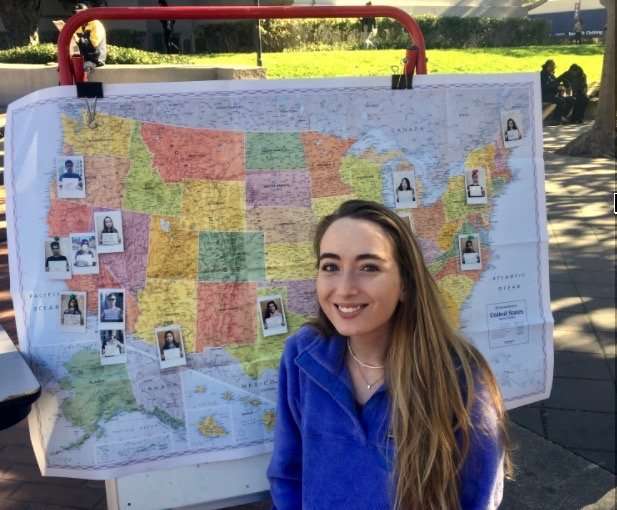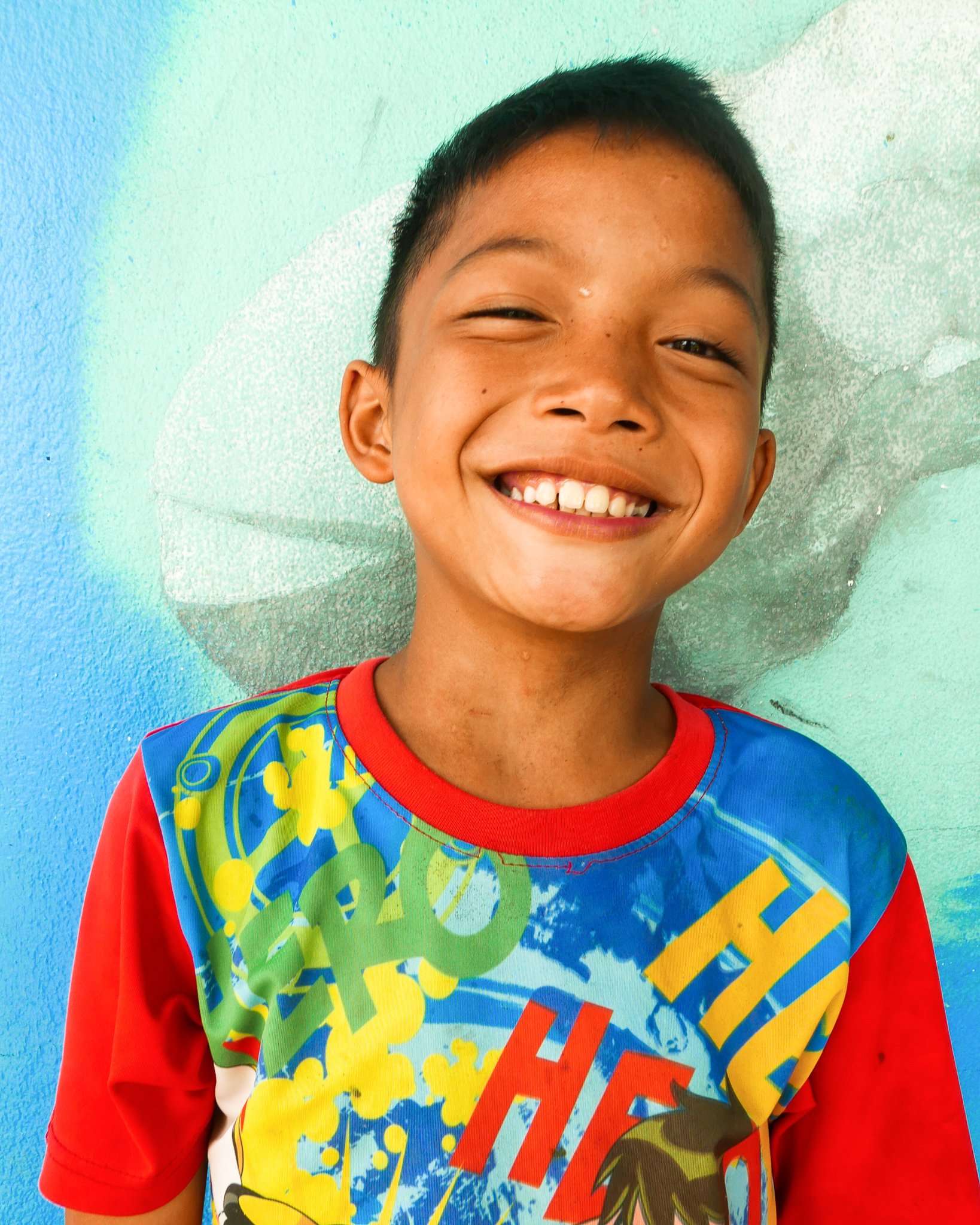Globally consumed at the rate of two billion cups a day, coffee is the world’s second most traded commodity. The market pressures that result from this high demand can push producers to commit labor rights abuses as severe as human trafficking. This is a concern especially in regions affected by poverty, where vulnerable communities are more susceptible to exploitation. In order to minimize human rights violations within this industry, it is up to us, the consumers, to demand products that hail from a fair, transparent supply chain. We have the power and responsibility to hold enterprises accountable and call for a shift in labor practices.
That’s why I’m leading the Conscious Coffee Project. Sponsored by the Anti-Trafficking Coalition at Berkeley, Conscious Coffee is an effort to foster a supportive network of cafes near the UC Berkeley campus that sell ethically sourced coffee. We will feature this network on a website and app geared toward students, both of which will serve as informational tools while operating through a financial incentive– users who frequently shop within the network can earn rewards like a free cup of coffee from their favorite cafe

Because human trafficking is such a huge, complex phenomenon, it can be difficult to figure out how to work toward its eradication in a meaningful way. My internship at Not For Sale this semester has taught me that it is not enough to throw money at a cause, trying to fix the problem after the damage has already been done. We must seek innovative solutions to prevent vulnerability to exploitative situations from taking root in the first place. As consumers and changemakers, our voices and minds are integral to the abolition movement. Together, through entrepreneurship, innovation, and technology, let’s stand up for our values and make a sustainable impact!
Youth Engaging Youth To Fight Injustice: Indonesia Civic Youth
Innovate For Good During our #InnovateForGoodCampaign, we're featuring stories of innovators who inspire us. James Karnadi, founder of Indonesia Civic Youth, is passionate about engaging youth to promote social justice. In just a short amount of time, James'...
Entrepreneurship Challenge
Not For Sale and Spence Diamonds Invest In Uganda’s Innovators Talent is universal — but opportunity is not. That’s why Not For Sale is choosing fifteen entrepreneurs from Uganda with a big potential to #InnovateForGood to receive funding to launch their business...
Good Ethics in Every Step: Z Shoes’ Radical Transparency
Z Shoes is a Not For Sale partner brand that consistently shows a deep resolve to #InnovateForGood. Within a deeply exploitative industry, Z Shoes has crafted a sustainable business model which considers the impact of each product on people and the planet while still...
Vele: Women’s Empowerment Meets Good Ethics
Today's dose of #InnovateForGood inspiration comes from Velé co-founders Tiffany & Lauren. Velé is a Not For Sale partner brand that produces beautiful handcrafted leather goods under ethical guidelines, while spreading a message of women's empowerment and...
How do we tackle the world’s most challenging problems through business and innovation?
How do we tackle the world’s most challenging problems through business and innovation? That’s the question explored by over 200 attendees at the Innovate For Good Conference on April 4th, a joint conference held by Just Business, The University of San Francisco...
Innovate For Good
Innovate For Good This month, Not For Sale launches our #InnovateForGood campaign. We’ll be celebrating outside-the-box thinkers who are creating solutions for injustice through entrepreneurship, and sharing stories of global impact from innovators in the Not For Sale...

